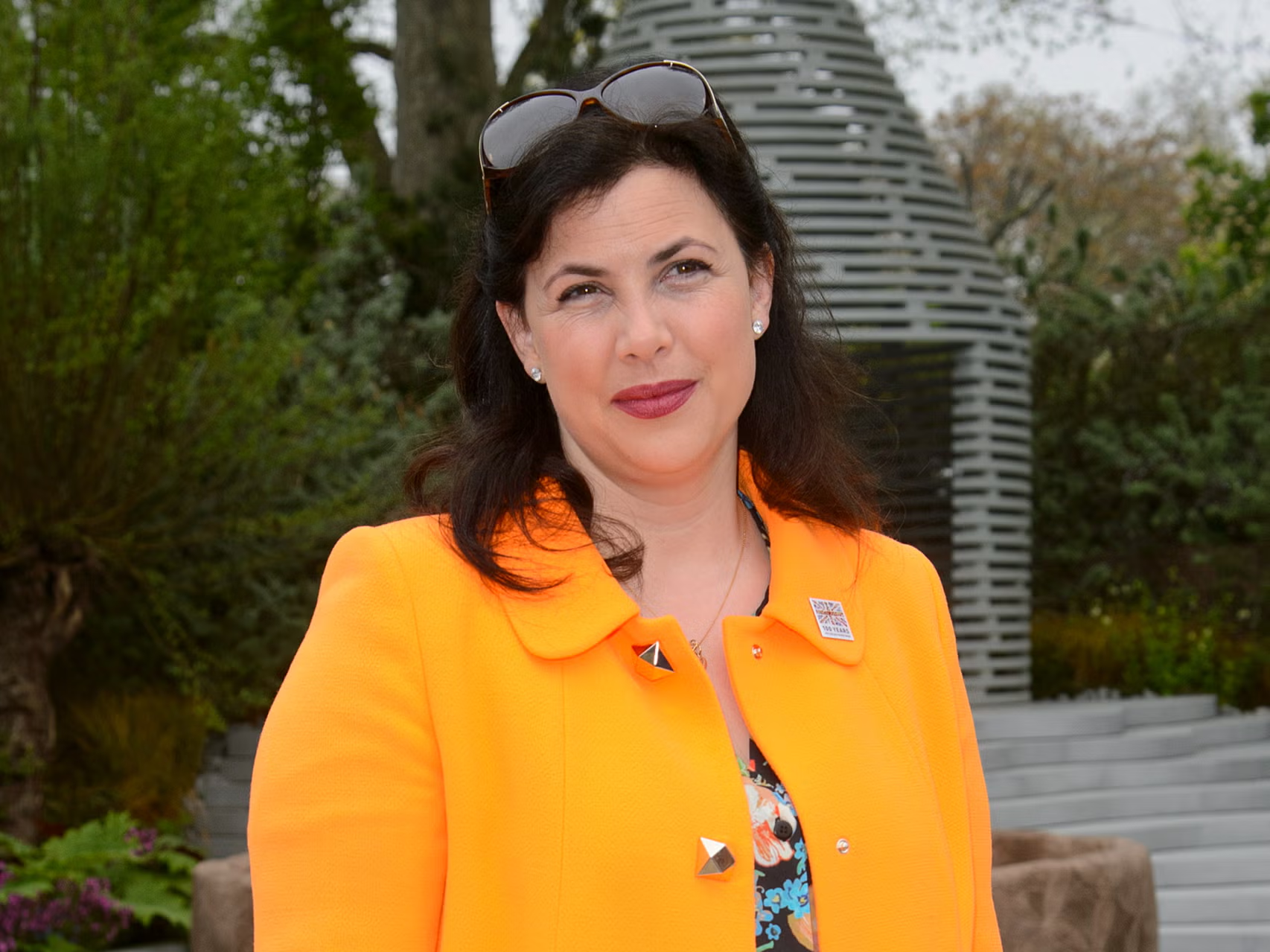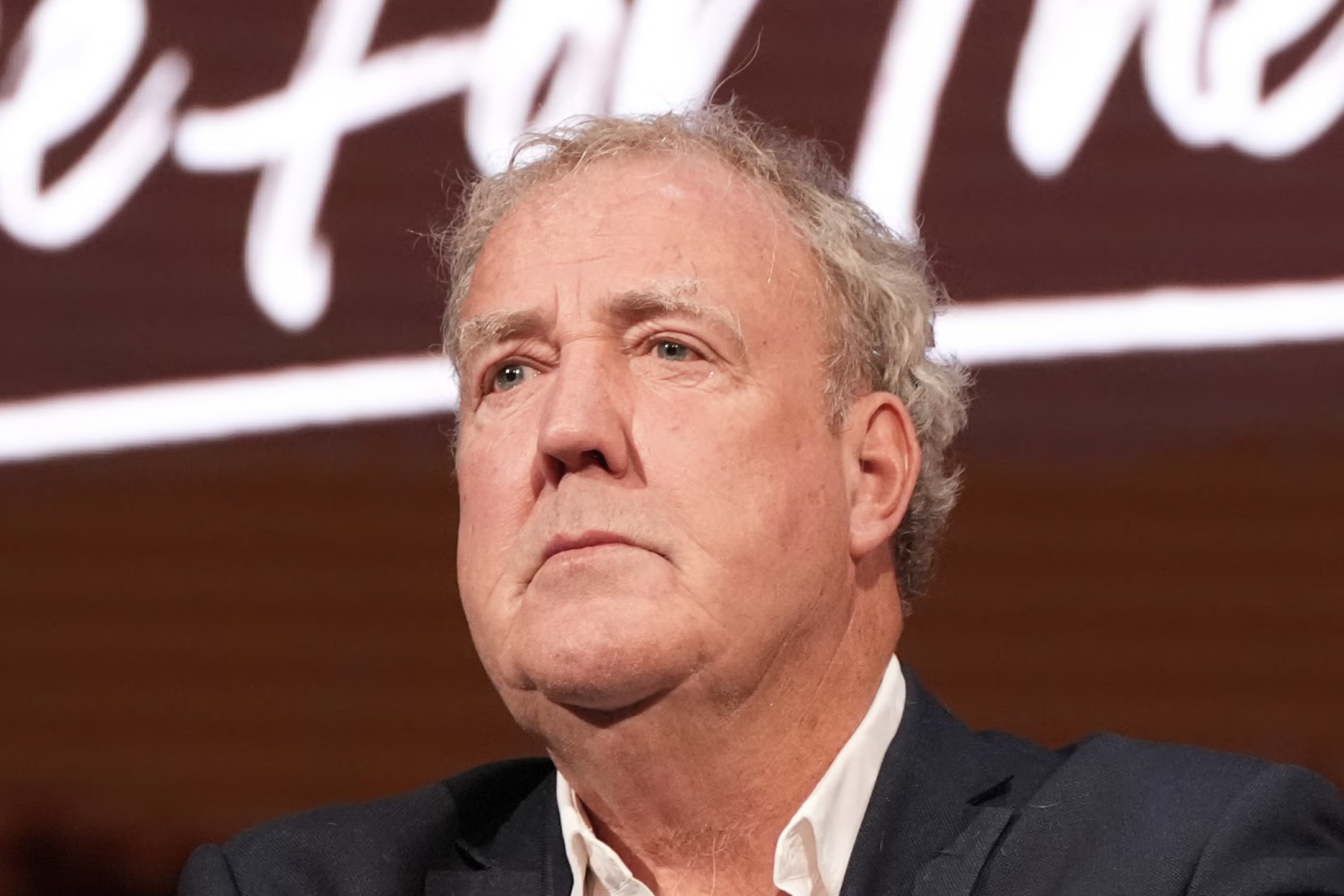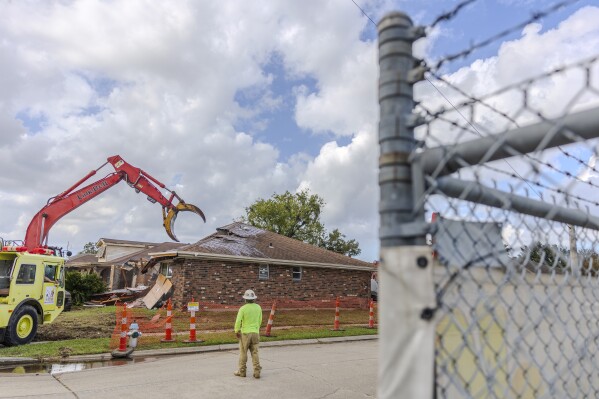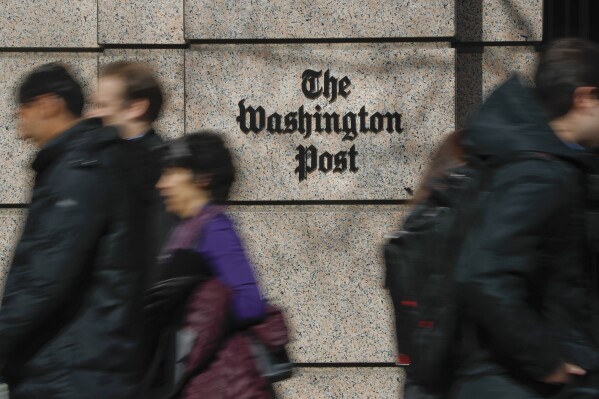Your support helps us to tell the story
Support NowThis election is still a dead heat, according to most polls. In a fight with such wafer-thin margins, we need reporters on the ground talking to the people Trump and Harris are courting. Your support allows us to keep sending journalists to the story.
The Independent is trusted by 27 million Americans from across the entire political spectrum every month. Unlike many other quality news outlets, we choose not to lock you out of our reporting and analysis with paywalls. But quality journalism must still be paid for.
Help us keep bring these critical stories to light. Your support makes all the difference.
TV presenter Kirstie Allsopp has accused the chancellor of ushering in the break-up of farms and estates by imposing a new 20 per cent inheritance tax on such assets over £1m.
Farming and landowner organisations also warned the change, announced in Wednesday’s Budget, would lead to the “death of the family farm” because owners would sell up to pay the tax.
Rachel Reeves said from April 2026, the first £1m of combined business and agricultural assets would continue to attract no inheritance tax, but for assets over that sum inheritance tax would apply.
Property expert Ms Allsopp said the decision threatened great estates, writing on social media platform X: “Rachel Reeves had f****d all farmers, she has destroyed their ability to pass farms on to their children, and broken the future of all our great estates.
“It is an appalling decision which shows the government has zero understanding of what matters to rural voters.”

The move was condemned by the National Farmers’ Union, the Country Land and Business Association, and the Tenant Farmers Association, according to Farmers Weekly.
DUP MP Carla Lockhart claimed farmers had been dealt a “potentially killer blow”.
Plaid Cymru MP Llinos Medi said: “I am afraid that changes to rules on inheritance will seriously threaten Welsh family farms which are the backbone of the rural economy.”
One social media commentator called Lynn said: “If we have no farmers, we have no food... However, if you are happy for yet another industry to be taken over by big corporations that mass-produce poor-quality food from animals living in poor conditions or be dependent on imported food of equally poor quality, then yes let’s put all those small farms producing good quality and healthy food out of business.”
But another said the concern was overblown, as other countries had inheritance tax and still farmed.
David Walston wrote: “Predictably hysterical on here. £1m seems like a very low number, but no, this will not end farming in the UK. There are other countries that have inheritance tax, and they still farm.”
Meanwhile, conservationists are warning of a “monumental gap” between current funding and what is needed to help nature, as the Budget maintains farming spending at existing levels.
The government announced £5bn for England’s farming budget over the next two years, maintaining the £2.4bn current level for 2024-25 and 2025-26, and this year also includes a £200m underspend from previous years.
Clarkson’s Farm presenter Jeremy Clarkson urged farmers to “hang on in there” in a post on X.
He wrote: “Farmers. I know that you have been shafted today. But please don’t despair. Just look after yourselves for five short years and this shower will be gone.”

But Martin Lines, chief executive of the Nature Friendly Farming Network, said the decision to maintain funding was better news “than we could have hoped for in the lead-up to the Budget”.
“Increasing funding and prioritising nature-friendly farming will help put agriculture on a more sustainable footing and enable the changes required to continue feeding our nation as climate change presents ongoing challenges,” he said.
The amount going to environmental land management schemes (Elms) will rise to a new high of £1.8bn, as the new programme replaces the old EU-era subsidies based mostly on the amount of land farmed with payments for nature-friendly farming methods and habitat creation.
There is also £400m over two years for tree planting and peatland restoration to restore habitat and store carbon to tackle climate change, which analysts said was broadly in line with funding for such schemes under the previous government.
While Defra’s overall funding will rise slightly in real terms over this year and next, there is a slight reduction in its budget for day-to-day spending, and officials warned the farming and flood defences budgets faced £600m of “funding pressures” - effectively unfunded spending commitments.
Disclaimer: The copyright of this article belongs to the original author. Reposting this article is solely for the purpose of information dissemination and does not constitute any investment advice. If there is any infringement, please contact us immediately. We will make corrections or deletions as necessary. Thank you.



